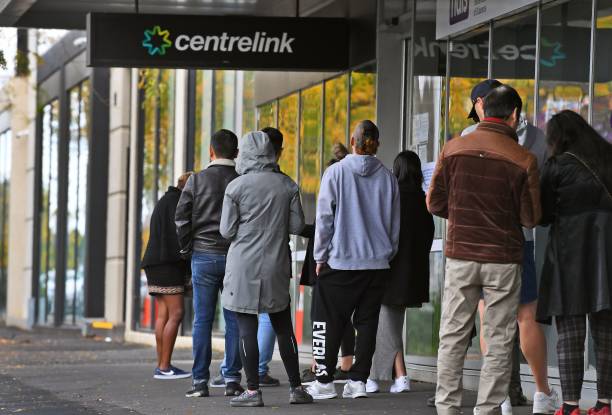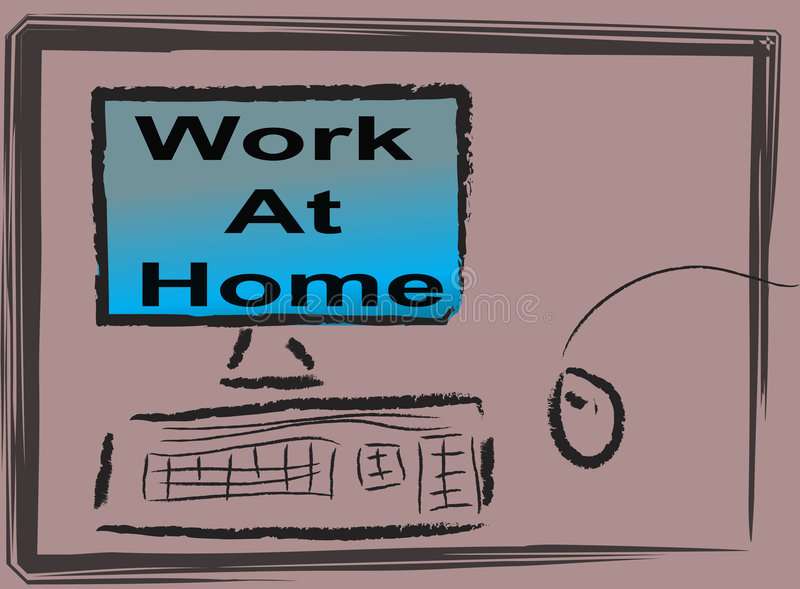
Workplace discrimination of the poor?
What on earth does this mean? We receive in excess of 10,000 enquires each month. There is a distinct pattern of employees from lower social economic backgrounds and working class areas getting dismissed more and in a harsher manner. The answer you say may be that’s because there more of them. Overall we simply do not get the unfair dismissal or unlawful dismissal claims from the wealthier suburbs. In fact I’ll go further to add the wealthier the suburbs the less claims and dismissal enquires we get.
The other point I want to make is discrimination occurs in the recruitment process by suburb. Particularly in the professional services sector, legal, accounting and financial. This occurs pronominally in Sydney and Melbourne, if you not from the eastern suburbs or schools.
Workplace discrimination of the poor, is a challenge to discuss in that its also a taboo subject. However it has to be discussed and exposed for what it is. In Australia, the legal definition of direct discrimination is being subjected to ‘less favourable treatment as a result of possession of a protected attribute’. The ‘protected attributes’ include race, age, sex, sexuality and others, but importantly, does NOT include poverty or socio-economic status.

Serious cause for reform
We at A Whole New Approach firmly believe that this is a serious cause for reform in Australian law. As once again, those who are under-privileged socioeconomically, are being discriminated. Time and time again we are finding Employers are mistreating employees, through bullying, harassment, adverse actions, unfair and unlawful dismissals. This is on the premise that poor or poorer employees may not have the means, resources, education, and family support to challenge the Employer. Either through the Fair work Commission and the various equal opportunity and human rights commissions.
This is shown time and time again where specific groups are targeted. Young employees from broken homes, females who are victims of domestic violence, older divorced males, etc.
What we as a company understand, but most fail to realize (particularly those that have only known privilege), and what the legislative council needs to consider. Is how interconnected lower socio-economic status and poverty is linked to the already instituted protected attributes under Australian law.

Workplace Discrimination – Poverty & Exclusion
A multitude of studies have unfortunately shown how highly correlated growing up poor is with other disadvantages. Such as its effect on educational achievement. Physical and mental health, healthy social interactions and behaviour, family stability – the list goes on. All these consequences that are clearly linked to poverty, or lower socio-economic status. Each potentially have a roll over effect to encouraging social exclusion of those that are less fortunate. This prejudices can be found in places of employment as well.
A look into mental health service use in Australia very clearly shows the significant disparity between those of low socio-economic backgrounds and those from higher. The former show higher reports of complex mental disorders like ADHD, anxiety, depression and various other conduct disorders. As a result, more commonly reach out to these services provided. Other factors frequently related to poverty such as absent parents, less supportive schools and communities. All have shown causative relations to poorer mental health.

Mental health and poverty
As previously mentioned, mental health is not the only thing detrimentally affected by poverty. Too many studies have pointed out that being of lower socio-economic class has significant associations with poorer physical health status, even mortality. The stress of paying ordinary household bills may already be a heavy burden on those that have less. Then there is the added burden of deteriorating health and medical bills, which then in turn attracts even more illnesses. Example is low socio-economic groups, are forced to retire earlier from work due to poor health, and clearly follows less superannuation to support themselves.
Many financial institutions, law firms and accounting practices, will not employ anybody from the western suburbs of Sydney and Melbourne, these are seen as trouble making areas, certainly lower social economic areas. Wealthy companies just don’t want to know about it. To have employees from these areas with their perceived or potential problems part of their work social setting. You see this in some high end companies unless the job applicant is from a private school they will not employee them despite their ability to perform the role.

Quality education has many different implications
Socio-economic associations even have a negative impact on academic attainment throughout one’s life. Alarming observations include seeing children of impressively high intelligence but lower wealth at the age of 3, being completely taken over by those of significantly lower intelligence but higher wealth, by the age of 5. Socio-economic class continues to be a dragging weight to academic achievement. Whereas wealth affords more supportive and well-resources institutions to boost academic success. Quality education has many different implications. Such as better-paying jobs which would help end the cycle of poverty, less stressors in life which would lead to better overall health… The benefits continue while those with lower education as a result of poverty, continue to lag farther and farther behind.

Povertyism and its effects
In an address to the UN general assembly this week, Mr Olivier De Schutter, special rapporteur on extreme poverty and human rights, called for the term “povertyism” to be included in anti-discrimination law alongside sexism and racism “to stop destroying people’s lives”.
“Poverty will never be eradicated while povertyism is allowed to fester, restricting access to education, housing, employment and social benefits to those who need them the most,” .“The world is finally waking up to the injustices of racism, sexism and other forms of discrimination, and putting laws in place to stop them from destroying people’s lives. Povertyism … must be treated just as seriously,”
De Schutter told the general assembly
In a new report De Schutter defines “povertyism” as the negative stereotyping of the poor, and “a major source of non-take-up of rights” in that it can discourage people from applying for jobs and benefits. This has been exactly my argument for years, poorer people and employees are treated differently. Further there are profound effects to employees mental health.
Examples cited include employers judging CVs more harshly when an applicant’s address is in a deprived area, landlords refusing to rent apartments to tenants on benefits, and poorer primary school pupils being given different advice on secondary education from that given to their more privileged peers. In the legal system it is rare for a graduate to get a position with a larger law firm if they did not go to a top private school. (the old boy system is still alive and well).
Conclusion to Workplace Discrimination of the Poor
This article only briefly outlines a small part of the vicious cycle of being poor, and how essential it is to realize these realities of the impacts of workplace behaviour. Even if being poor – and its very real consequences – are effectively ignored by the law. We will do our best to have your pain and suffering recognised in the eyes of the law and by the employer and persons that has caused you this detriment. We would be humbled to be your representative and will fight for your rights exhaustively. A good article to read is diversity and equity in the workplace, click here
Our article on workplace discrimination of the poor raises any issues you want to talk about call us. We are A Whole New Approach P/L, we are not employment lawyers, but the nations leaders in advocacy, representations, commentary. Anything to do with the workplace we are here for you. Unfair dismissals, general protections, workplace investigations. We work in all states, Victoria, NSW, QLD, SA, WA, Tas, NT






